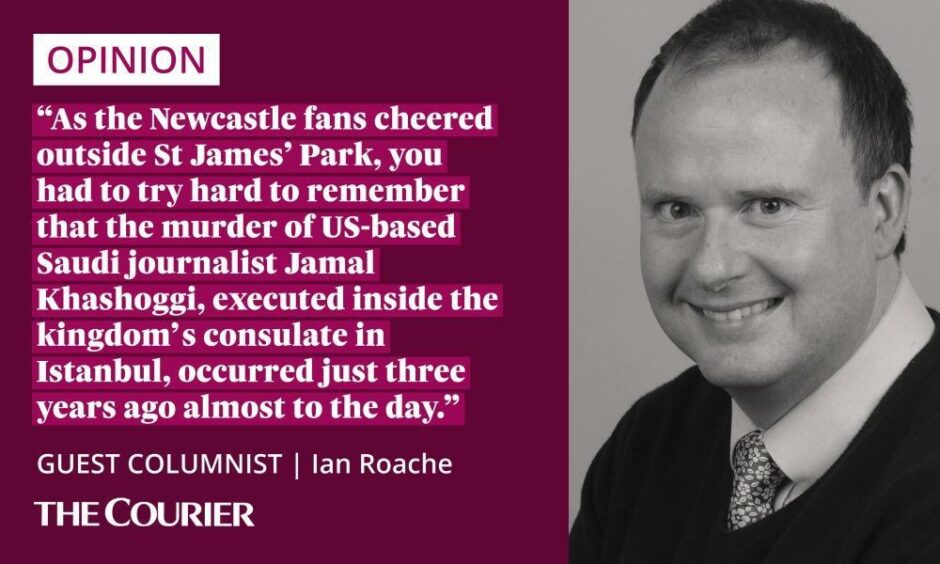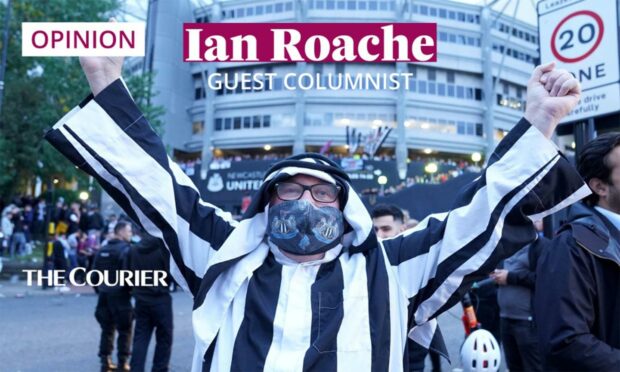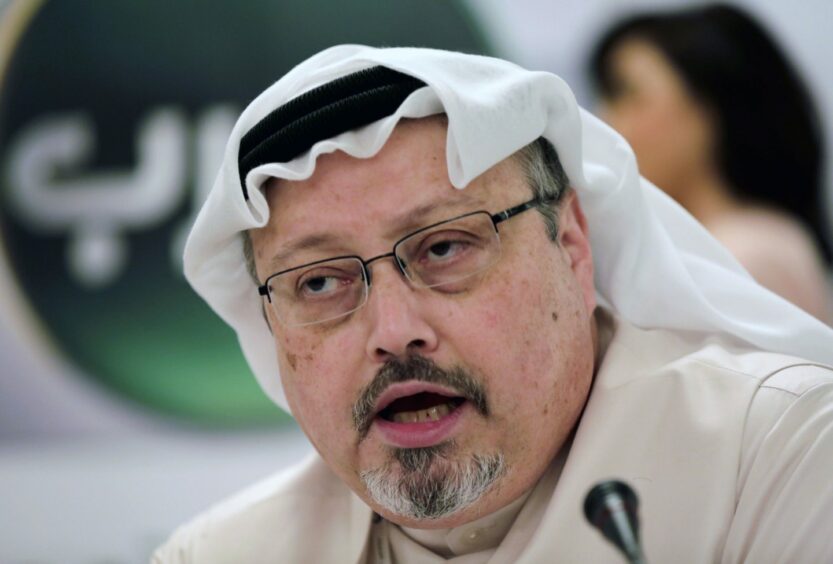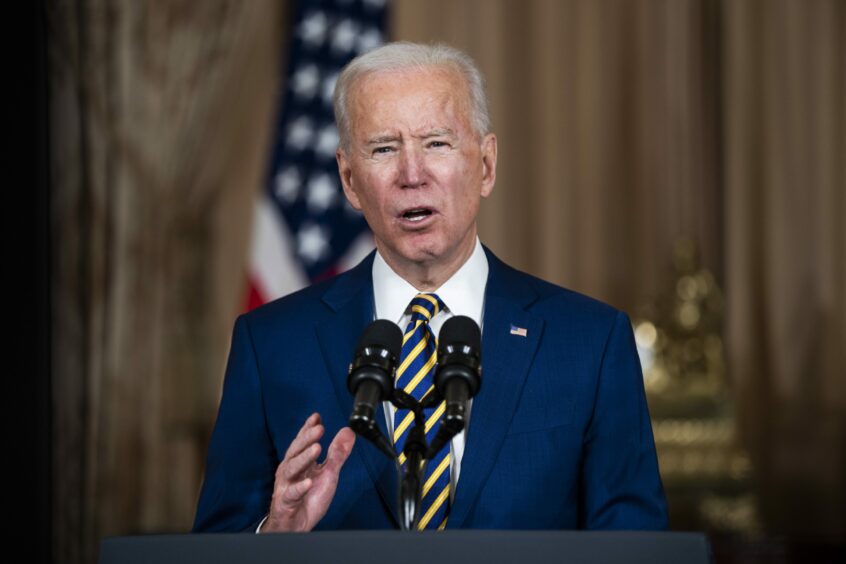Saudi Arabia has scored two spectacular goals this week and neither of them have come on the football pitch.
The kingdom’s Public Investment Fund (PiF) – chaired by Crown Prince Mohammed bin Salman – purchased a majority stake in English Premier League side Newcastle United on Thursday, thus continuing the well-worn policy of obtaining soft power through sport.
The Saudis are not alone in this, of course.
Sheikh Mansour is in control at Manchester City via the Abu Dhabi United Group that owns a controlling stake in City Football Group Ltd.

Meanwhile Paris Saint-Germain – Lionel Messi et al – is owned by the state-run Qatar Sports Investments.
What these Gulf countries get out of such ownership will be seen in January when Messi, Neymar and the rest of the PSG squad head to Doha for their Qatar Winter Trip, a tour that will finish with a friendly match in the Saudi capital Riyadh.
As the Newcastle fans cheered outside St James’ Park, you had to try hard to remember that the murder of US-based Saudi journalist Jamal Khashoggi, executed inside the kingdom’s consulate in Istanbul, occurred just three years ago almost to the day.
Even Saudi Arabia’s staunchest ally, the United States, had no doubts who was responsible for his death.
A report from the US Office of the Director of National Intelligence – released in February of this year – concluded: “We assess that Saudi Arabia’s Crown Prince Mohammed bin Salman approved an operation in Istabul, Turkey, to capture or kill Saudi journalist Jamal Khashoggi.
“We base this assessment on the Crown Prince’s control of decision-making in the kingdom, the direct involvement of a key adviser and members of Mohammed bin Salman’s protective detail in the operation, and the Crown Prince’s support for using violent measures to silence dissidents abroad, including Khashoggi.”
Amazing how the murder of Jamal Khashoggi, & other terrible human rights abuses, just doesn’t matter https://t.co/OFDSVB06h4
— Joel Taylor (@JoelTaylorhack) October 8, 2021
Of more significance – certainly beyond the United Kingdom – was the second goal the Saudis scored just hours before the Newcastle news broke.
Saudi relief as Yemen probe ends
It was the vote in Geneva to end the United Nations’ Human Rights Council’s investigation into war crimes in Yemen, where a Saudi-led coalition has conducted a military operation since 2015.
A resolution, led by the Netherlands and backed by the UK, France, Germany and other western states, was tabled to allow independent investigators a further two years to gather evidence of atrocities committed against civilians in Yemen.
It centres on both the coalition and the Houthis, whose occupation of the Yemeni capital Sana’a and swathes of the north and west of the country in 2014 triggered the military action by the kingdom and its partners.
The Saudi-led Operation Decisive Storm has been backed by both the UK and US, although American President Joe Biden signalled an end to his country’s support for the action in his first significant foreign policy announcement in February.
Yemeni human rights group Mwatana has highlighted abuses by both the coalition (air strikes on water plants, farms, fishing boats and blockades) and the Houthis (laying of landmines and disruption of humanitarian aid supplies).
From UN dismay to Newcastle delight
They and other human rights and humanitarian agencies operating in Yemen have been left dismayed by the UNHRC decision, which was carried by just three votes – 21 to 18.
Mwatana’s chair Radhya al-Mutawakel lamented a “green light to continue such violations and, in effect, condemn millions in Yemen to unremitting violence, death and constant fear.”
The takeover of Newcastle was allowed as it was deemed that the company, PiF, is separate from the Saudi state.
It is a weak argument, given the Crown Prince’s involvement.
The result is a winning week for those in charge in the kingdom but a bitter defeat for Khashoggi’s loved ones and the long-suffering people of Yemen.
Ian Roache is a Middle East researcher at the University of Dundee and a former sports writer for The Courier.


